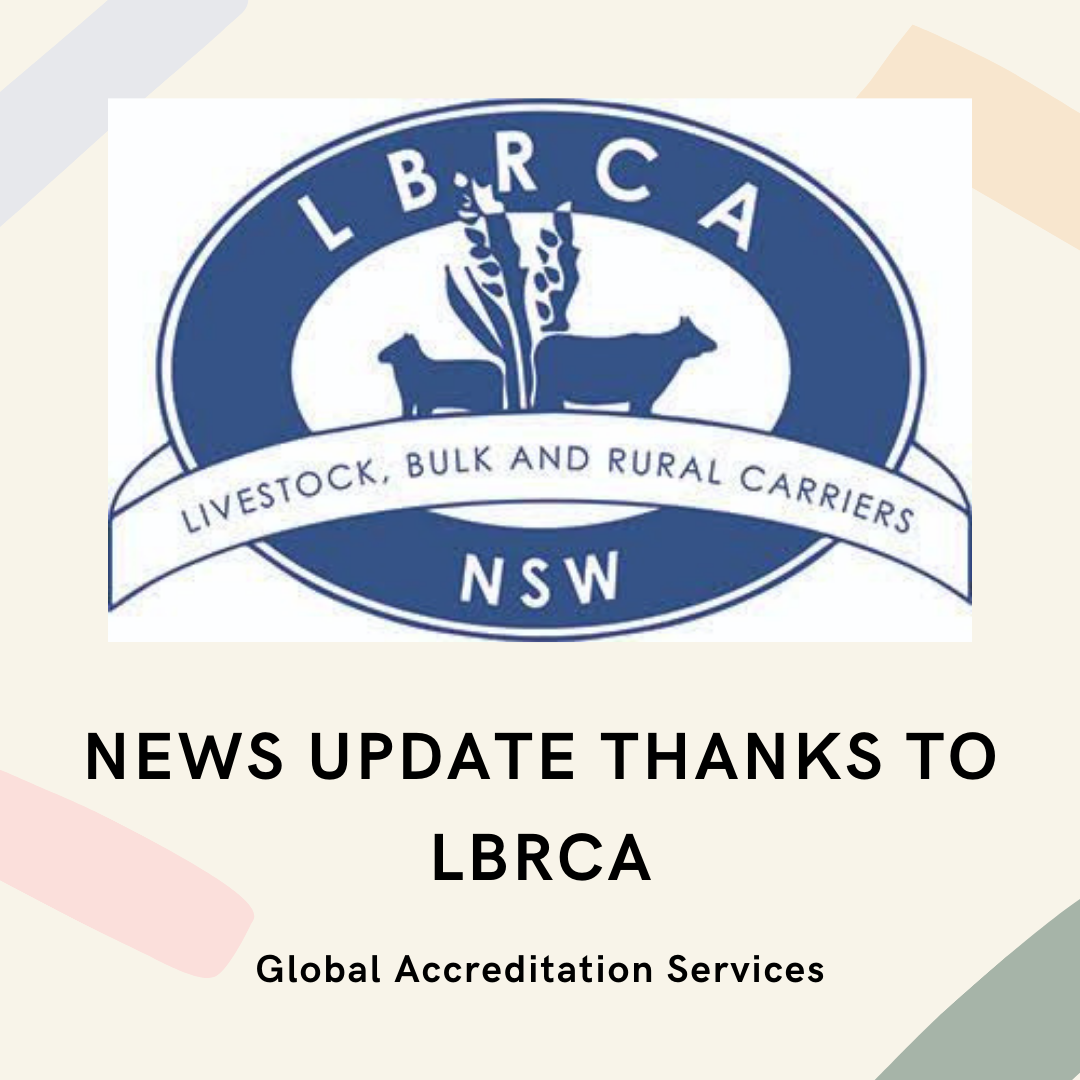Acting Executive Director Statutory Compliance (Investigations and Prosecutions) at the NHVR, Belinda Hughes, has outlined the many lessons that industry can draw from the recent NSW Supreme Court case of De Paoli.
This case is the first binding and persuasive judgement on the primary duty offences under the Heavy Vehicle National Law (HVNL). While many saw the sentence, Belinda says the most important part is the guidance this case provides on the sentencing process.
“We can finally be in a position to provide some authoritative guidance on these offences”, Belinda said.
Below are four key take-aways from this case:
- Written: Document directions you give to staff, do not rely on oral directions.
- Systems: If you have system/s in place to manage your risks ensure they are working, monitored and maintained and accurate.
- Recording breaks: Do not solely rely on drivers to accurately record breaks. There must be a system or process that you can ensure drivers are adhering to and recording their compliance with fatigue management.
- Driver training: It is about more than ensuring they know how to complete a work diary. You must take steps to ensure that the drivers are properly trained in managing fatigue.
In addition to the above, Belinda says the case also provides guidance on what the relevant sentencing factors are including:
What will be considered more favourably by the court on sentence:
- The period of risk was short and isolated
- The risk was remedied quickly after the offence
- No prior convictions
- It was not deliberate
- Single vehicle
- Single failure to manage the risk
- Demonstrated contrition and remorse
- There was no incident or injury however this will be only given minimal weight as the offence is about the risk.
What will make the offending more serious:
- If someone is injured or killed
- The longer period of offending and exposure of risk
- The risk has not been remedied
- Prior convictions
- It was deliberate offending
- Multiple vehicles impacted
- Multiple failures to manage the risk.
Belinda will be talking more about prosecution, investigations, and enforceable undertakings at the LBRCA Annual Conference on 10-11 March 2023. A session not to miss. Registrations are open now.

